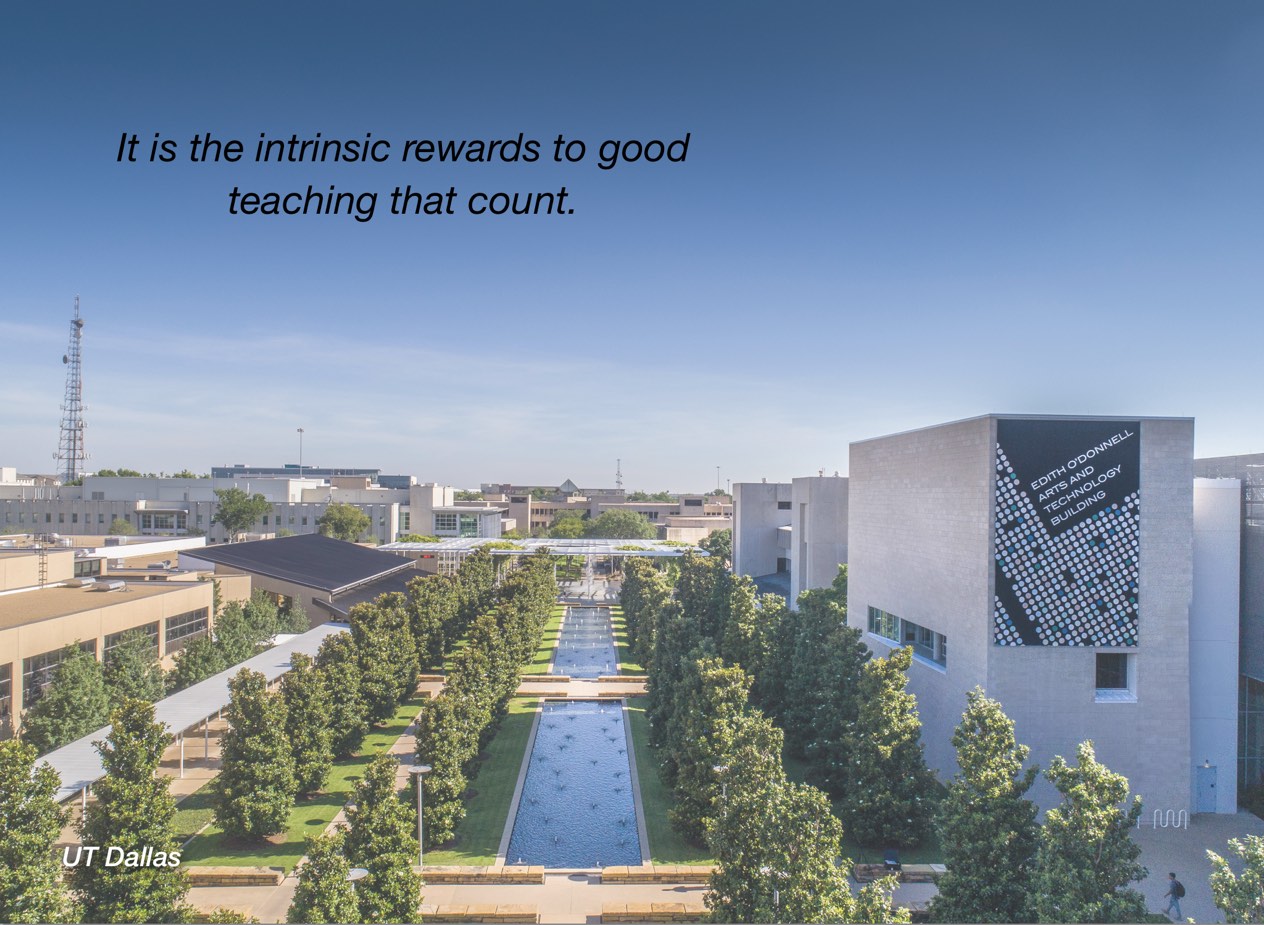1 Hard on Standards, Soft on Students


Mary Lynn Crow
I believe in standards, challenging requirements, consistency of application, and academic rigor. I believe in holding myself to the same standards of evidence and proof to which I hold my students, practicing what I advocate for the students, and honestly admitting discrepancies in my own thought and action. All of these are essential for academic rigor as well as for intellectual integrity in teaching.
I also believe students should be intellectually challenged and encouraged to achieve everything they are capable of, even if they aren’t totally supportive of this encouragement. Most students have never been pushed to actualize their academic potential, and I believe it is our job as professors to press for that to happen. But I also believe that while we are being hard on standards, we must also be engaged in empathy, compassion, and nurturing.
Many students (and not just first-generation students) need to be psychologically nurtured to make it through any one course, not to mention an entire academic degree. Experiencing empathy in an academic environment may help them make the attitudinal adjustments necessary to continue their education. How can both ends of this values spectrum come together in your classroom? My way of integrating them into instruction is to be hard on the standards but soft on the students. Here’s how that would look. If a student asks that his late assignment not lose points (the consequence of losing points for turning the assignment in late was on the syllabus), a required project be forgiven, a grade be improperly changed, or an inappropriate exception be made, I can express empathy by communicating that I understand why what he is requesting is desirable and important to him. I can also explain that standards and rules are meant to be followed, and that, in the spirit of fairness, professors can’t make individual exceptions for one student without making the same exceptions for the rest of the students. A typical response might be: “I can understand how disappointed you are to lose points on this late assignment, and I’m hoping that it will be here on time next week. Meanwhile, let me know if you have any other questions that I can help you with. It is very important to me that you succeed.
Let me be clear. Empathy is not agreeing that a standard or rule is right or wrong (that’s not the issue); it is instead communicating that you care about the student and her feelings about the rule and the impact she believes the rule is having on her life. Empathy is neither sympathy nor agreement, and it is not taking sides about the rules. It is temporarily leaving your role as a professor who must make judgments as a legitimate part of the job and trying to see your course or the university through the student’s eyes. It is nurturing the student without compromising academic rigor. I believe our university students need both in order to succeed. Academic standards (mine, the department’s, or the system’s) are to be respected and upheld. But students deserve our emotional support and nurturing as they make progress adapting to those rules and expectations and “getting with the academic program” necessary for them to graduate.
An outside benefit of this hard-on-standards-but-soft-on-students policy is that students may be less likely to take out their resentment over unpopular rules on the professor. They may be less likely to kill a caring messenger or to retaliate on course evaluations or social media.


Chapter 1 Commentary: Karen Huxtable
“Mary Lynn Crow’s reminder that instructors can be compassionate while maintaining high standards prompted me to develop ways to implement her suggestions. Students often face multiple obstacles to their success, some of their own making. These difficulties may come as a surprise to students, but they aren’t surprising to experienced instructors. Instead of responding to each dilemma on a case-by-case basis, instructors can be proactive by using principles of universal design to create courses ready for emergencies before they occur. All students must achieve course learning outcomes on a timeline set by the instructor, but proactive flexibility, such as extended deadlines or make-up exams, can prevent students from having to ask for special treatment. Be hard on standards and soft on students by creating requirements that can absorb the need for leeway without sacrificing learning or development of scholarly self-regulation. For example, instead of assigning three papers, assign five, and only three count. Apply automatic “second chance” deadlines. Allow all students to retake an exam, whether they missed it or simply need another chance to learn more a second time. Professors can’t make exceptions for one student, but when exceptions are compassionately available for all students, high standards are preserved.”

